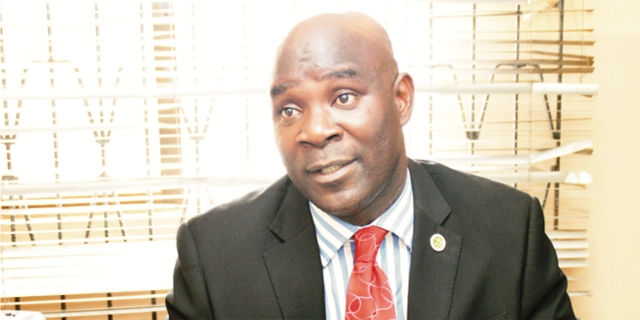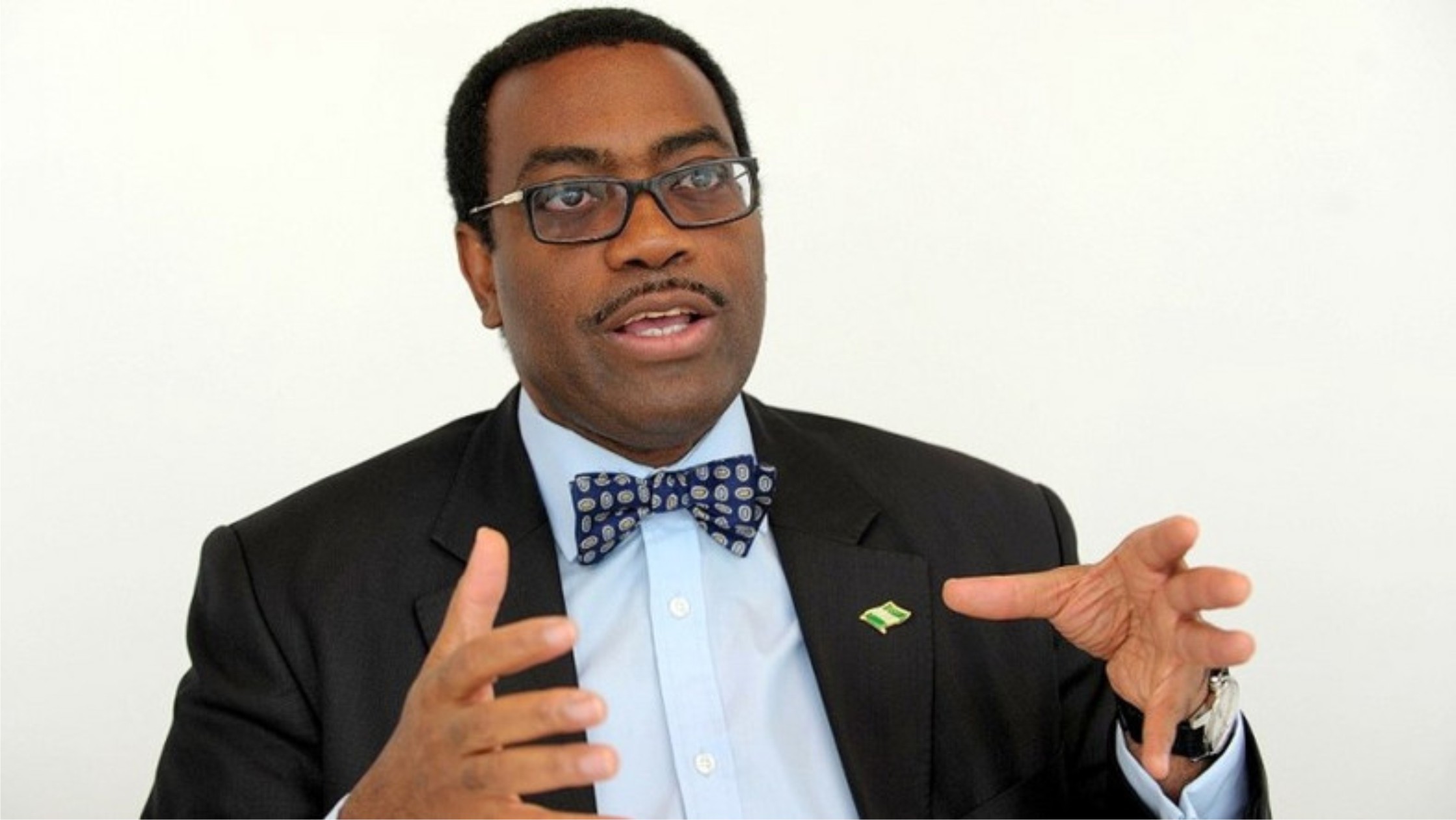Business
Expert Calls For Policies To Build More Industries

The former President, As
sociation of Town Planning Consultants of Nigeria (ATOPCON), Mr Moses Ogunleye, has urged the Federal Government to create policies that will attract the private sector into the building industries.
Ogunleye stated this in an interview with newsmen in Lagos.
He said that the building construction industry would record significant growth if left in the hands of the private individuals to drive and manage.
“Since it has been difficult for the government to resolve the housing problem to provide the needed accommodations.
“I think it is time for government to hands-off the building constructions industry and leave it for the private sector to drive.
“All that government need do is to create favourable policies and environment that will encourage and aid the private sector to strive,’’ he said.
He said that the provision of effective mortgage system, credit facilities, functional land registries for easy access to land titles, availability of land and roads were the infrastructures needed to be provided by the government.
He said that lack of adequate funding was one of the factors militating against the growth of the industry, adding that private individuals had no financial capacity to fund mass production of houses.
He said that private individuals should find ways to recoup their investments on structures they built as price of houses, rents had gone high above the means of average Nigerian.
According to him, government can secure large hectres of land and hand it over to private sector to use for mass housing construction and development.
He said that such step if taken by the government would to a great extent ensure availability of accommodations.
He said that acquisition and scarcity of land had hindered private investors from engaging into housing developments.
However, Ogunleye advised government to encourage various institutions and organisations to have a housing programme for their staff in such away staff could stand the opportunity to own a house through the scheme.
“If all staff working in an organisation can own a house through the efforts of their employers, demand for housing will reduce to an extent,’’ he added. (NAN)
Business
PETAN, Others Unveil ALCO, Get NCDMB’s Support … Mull Synergy With APPO, AU

Business
AON Lifts Ban On Freed Ibom Air Passenger

Business
Ex-NIMASA DG Harps On Blue Economy Importance

-

 Business3 days ago
Business3 days agoAfDB Secures N3.4trn For Agro-industrial Processing In Nigeria
-
Business3 days ago
Investment Flow To Nigeria Drops By 70%
-

 Featured3 days ago
Featured3 days agoNigeria Accounts For 70% Of 11m Illegal Arms In W/Africa
-
Business3 days ago
CBN Plans Legal Action Against FX Contract Violators
-
Politics3 days ago
APC Doesn’t Have Money, Relies On Elected Members For Funds – NWC Member
-
Politics3 days ago
Rivers LG Polls: IPAC Asks Political Parties Not To Participate
-

 News3 days ago
News3 days agoNCos Frees 28,149 Inmates After Payment Of Fines, Compensation In 2024
-
News3 days ago
Be Cautious About AI, VC Tells Scholars

